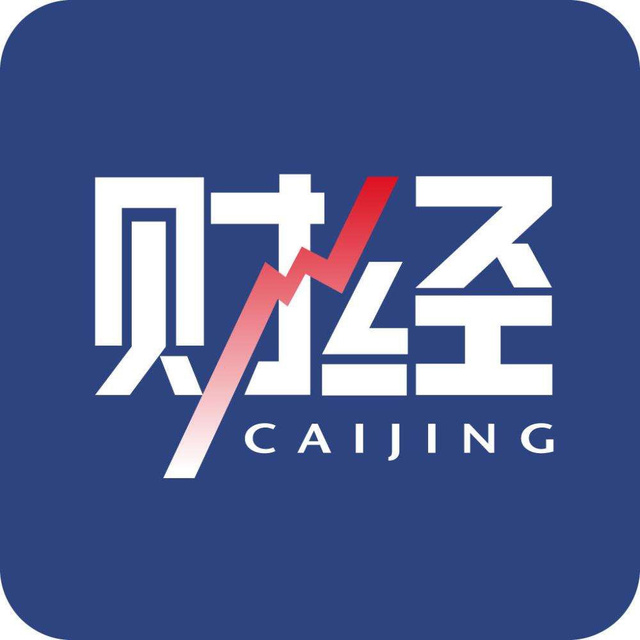
The exchange rate between the Chinese yuan (CNY) and the Macau pataca (MOP) has been an important topic for investors and economists since the establishment of the Macao Special Administrative Region (MSAR) in 1999. In 2016, the current exchange rate between the two currencies was approximately 1 CNY to 1.34 MOP, which means that one yuan was equivalent to approximately 1.34 patacas when converting from CNY to MOP.
One of the most significant implications of this exchange rate is its impact on Macao's economy. As a major tourist destination and gaming hub, Macao relies heavily on foreign visitors and gamblers to support its economy. The value of the pataca is closely linked to the strength of the Chinese currency, as it affects the cost of living for both residents and tourists. For example, if the value of the pataca drops due to a strong CNY, it can make it more difficult for Macao businesses to attract foreign investment and compete in global markets.
On the other hand, for international travelers visiting Macao, this high exchange rate can result in increased costs and reduced spending power. For example, if a tourist wants to purchase souvenirs or eat at local restaurants, they may need to pay more in patacas than in other currencies due to the strong CNY.
Another factor that affects the exchange rate is global economic conditions. When the value of other currencies declines compared to the CNY, this can lead to a stronger CNY due to increased demand for it as a safe-haven asset. Conversely, when the value of other currencies rises compared to the CNY, this can lead to a weaker CNY due to decreased demand for it as a store of value.
In conclusion, while the current exchange rate between the CNY and the MOP may seem relatively stable, it is important for individuals and businesses in both countries to carefully monitor changes in the exchange rate and consider their potential impact on financial markets and global trade. By understanding how different factors can affect the value of the pataca relative to other currencies, investors and economists can make more informed decisions about managing their finances and investing in global markets.










